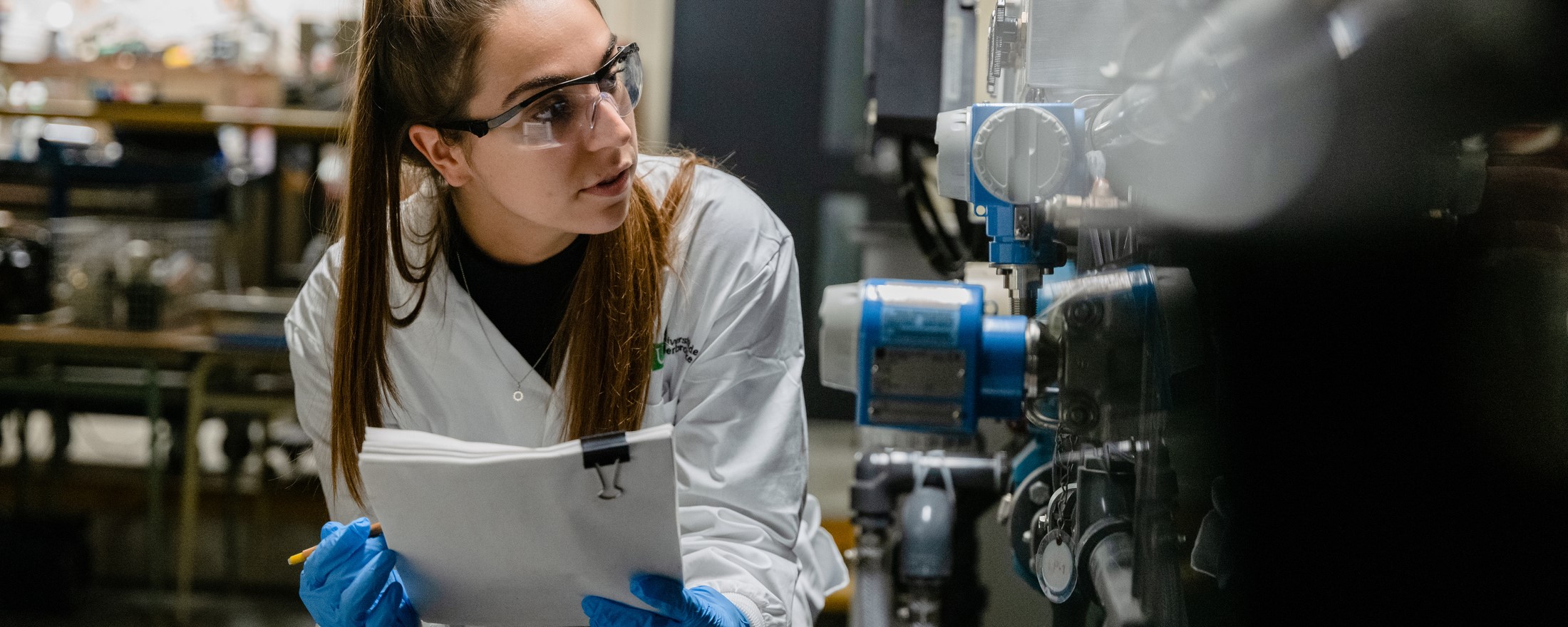Treatment of small renal masses: a qualitative study of patients' values and preferences
Overview
- RESEARCH DIRECTION
- Patrick Richard, Professeur - Department of Surgery
- ADMINISTRATIVE UNIT(S)
-
Faculté de médecine et des sciences de la santé
Département de chirurgie
- LEVEL(S)
- 2e cycle
Project Description
ACADEMIC CONTEXT: The project is part of the research program of Dr. Patrick Richard, a urologist-oncologist clinician-scientist specialized in clinical epidemiology. The candidate will be surrounded and supported by a multidisciplinary and dynamic team, qualified in urology, oncology, and epidemiology. Depending on his/her interests, the candidate will be able to observe certain medical situations to better understand the context and may also work in collaboration with a patient-partner. Salary support available. PROJECT: The incidence of kidney cancer is increasing as the use of abdominal radiography increases. Worldwide, it is now the 10th most common cancer. Consequently, the diagnosis of small renal masses is also on the rise. However, the mortality rate has remained stable over the past 20 years, which can be explained by the fact that not all masses are malignant (between 20% and 30% are actually benign), and even if the majority are malignant, most have an excellent prognosis. The current standard practice is surgery or thermal removal of the mass, which is associated with risks to patients. Active surveillance is an alternative to over-treatment of these masses in order to decrease the risks associated with invasive treatments. The goal of active surveillance is to delay surgery until the cancer has progressed locally. In many cases, the renal mass will not grow and patients will be spared invasive treatment. In order to make the best treatment choice, patients and uro-oncologists must consider the risk tolerance of cancer progression (active surveillance) versus the risks associated with invasive treatment (surgery or thermal ablation). Unfortunately, current guidelines do not take into account patient values and preferences to guide physicians in their choice of treatment. Thus, the primary objective of the present study is to assess patients' values and preferences for the treatment of small renal masses so that their actual needs can be better addressed. METHODOLOGY: Patients with small renal masses will be surveyed across Canada to identify their values and preferences related to the management of small renal masses. The results will provide a better understanding of the risks that patients are willing to take to avoid intervention. In the long term, this project will lead to changes in practice guidelines and clinical decisions that are more aligned with patients' needs. STUDENT INVOLVEMENT: The expertise of the Master's student will be used to participate in 1) data collection, 2) recruitment and individual interviews with participants, 3) data compilation and analysis, 4) project follow-up (approval renewal, amendments). The Master's student will participate in the qualitative analyses (using NVivo software) resulted from the completion of the individual interviews that began in the fall of 2022. SPECIFIC REQUIREMENTS : B.Sc in Health Sciences; CV, cover letter and academic transcript required; Master's degree to begin Fall 2023. Flexibility to work remotely with a base location in Sherbrooke.
Discipline(s) by sector
Sciences de la santé
Oncologie, Urologie
Funding offered
Yes
The last update was on 1 March 2024. The University reserves the right to modify its projects without notice.
